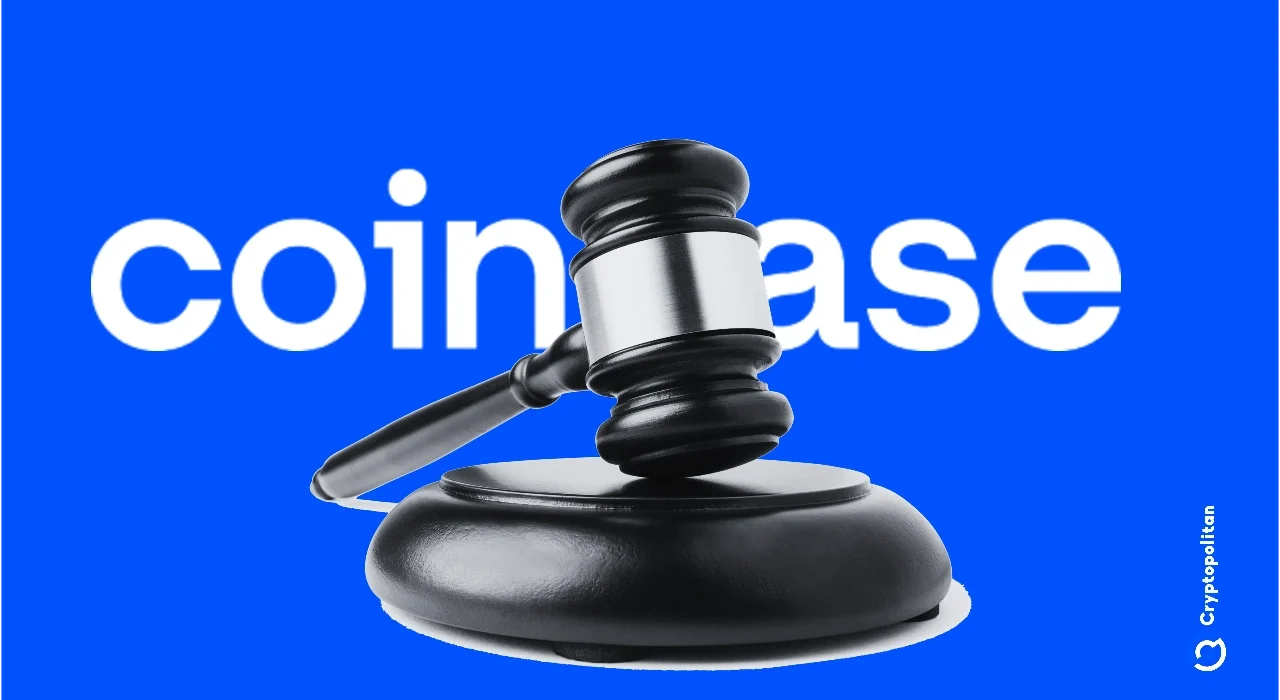Documents obtained by Coinbase through the Freedom of Information Act (FOIA) revealed that the Federal Deposit Insurance Corporation (FDIC) and other federal agencies actively discouraged banks from transacting with crypto businesses in what is popularly called “Operation Chokepoint 2.0” within the crypto industry.
Following the release of documents obtained by Coinbase through the FOIA, Coinase’s Chief Legal Officer, Paul Grewal, took to X (formerly Twitter) to talk about the challenges the crypto industry faced at the hands of the FDIC and the banks that acted to curb crypto-related activities under the regulator’s advisory.
Paul also highlighted the extent to which regulatory bodies, especially the FDIC have gone to restrict crypto businesses from accessing essential banking services.
Law abiding American businesses should be able to access banking services without government interference. The incoming administration has the opportunity to reverse so many poor crypto policy decisions, chief among them politically motivated regulatory decisions like Operation…
— paulgrewal.eth (@iampaulgrewal) December 6, 2024
Operation Chokepoint 2.0 cut off crypto businesses from banking services
For a while, it felt like the crypto industry was under siege as it faced a constant barrage of enforcement action from US regulators. Recently discovered documents have confirmed that US regulators might have indeed taken active steps to stall the industry.
Paul said the release of the heavily redacted documents proves that the crypto industry was targeted unfairly. He also said it provided vindication that “Operation Chokepoint 2.0” wasn’t just a myth in the crypto community and that there was actually a debanking campaign.
He expressed frustration, saying, “Law abiding American businesses should be able to access banking services without government interference.”
Paul pointed out that the FDIC continues to withhold key details through redaction. However, he applauded the effort of the team pursuing the FOIA requests, emphasizing the need for clarity and transparency from the government regarding regulation.
He also noted that “The incoming administration has the opportunity to reverse so many poor crypto policy decisions, chief among them politically motivated regulatory decisions like Operation Chokepoint 2.0.”
The lack of clarity in regulation has become a serious issue with far-reaching consequences for the crypto sector. Under the Biden administration, the US Securities and Exchange Commission (SEC) filed lawsuits against many crypto businesses, including Binance and Coinbase, two of the biggest crypto exchanges. The regulator alleged violations of securities laws, acting as an exchange, broker, and clearing agency without proper registration.
FDIC letters affected crypto and banking services
The FDIC letters, obtained by Coinbase through History Associates revealed that regulators discouraged banks from transacting with crypto-related businesses and, in some instances, “debanking” them.
The debanking campaign was a government initiative to clamp down on legal but controversial industries.
In a hearing of the House Financial Services Committee, Nathan McCauley, the CEO of Anchorage Digital, a bank federally chartered in the US by the Office of the Comptroller of the Currency (OCC) says it was surprised that it got debanked, considering that it is a national bank.
Industry leaders like Paul said the regulatory spotlight on crypto was politically motivated.
However, regulatory agencies would argue that their actions were necessary to protect customers and prevent financial crimes. They would also cite the crash of FTX and, more recently, the conviction of Binance’s founder and ex-CEO, Changpeng Zhao (CZ), who pleaded guilty to financial regulation violations. The former received a 25-year jail sentence, while the latter went to prison for four months and paid over $4 billion dollar in fines.
A Step-By-Step System To Launching Your Web3 Career and Landing High-Paying Crypto Jobs in 90 Days.
